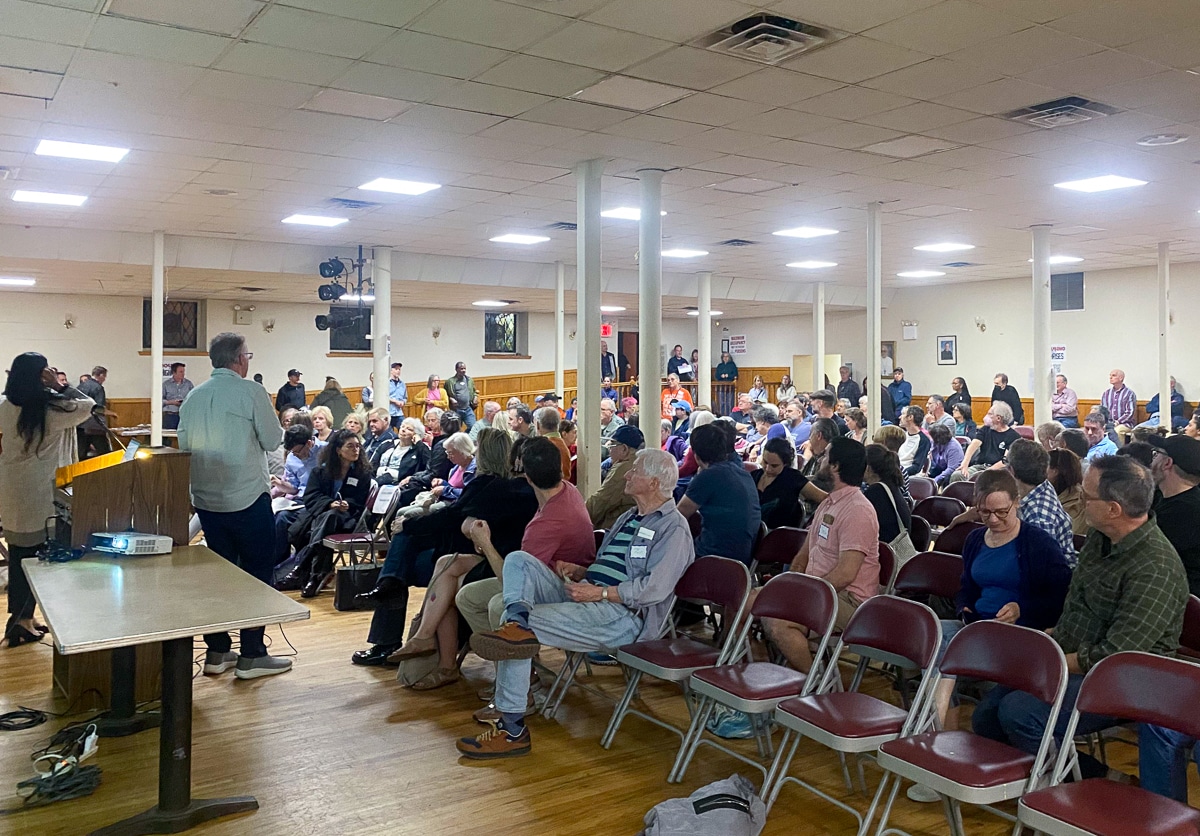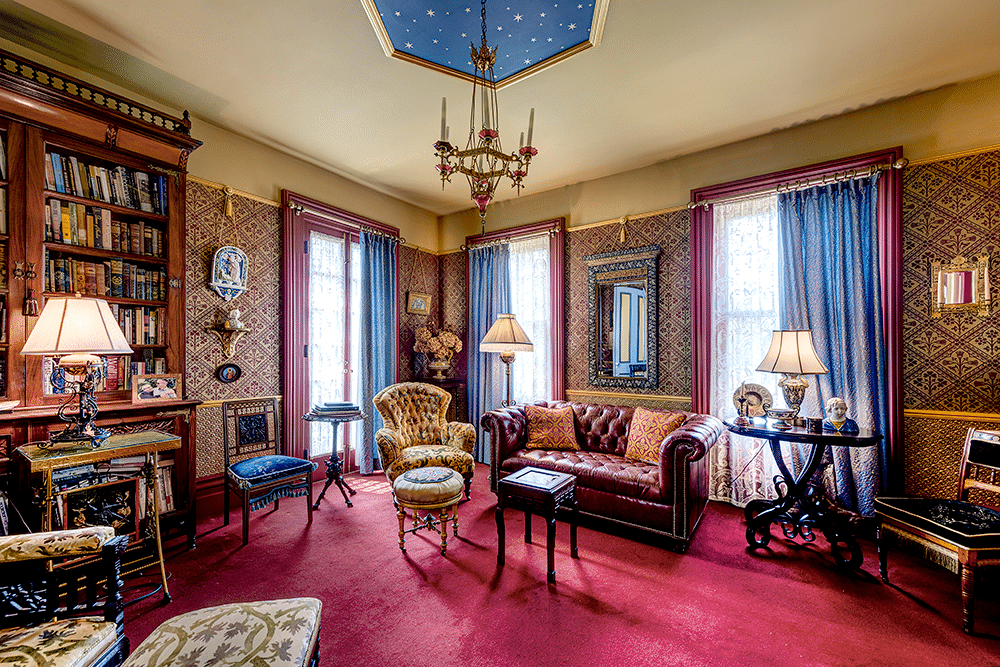What Is a Condop? Understanding New York's Rare Apartment Hybrid
Have you ever heard of a condop? There are fewer than 300 such buildings in New York City, but you are likely to encounter the occasional condop apartment as you peruse the real estate listings.

The inside of a condop in Park Slope. Photo by Warren Lewis Sotheby’s International Realty
Have you ever heard of a condop? There are fewer than 300 such buildings in New York City, but you are likely to encounter the occasional condop apartment as you peruse the real estate listings.
A condop is an unusual New York City building type that sprung up in the 1980s (in response to a tax rule that no longer exists). As you might guess from the name, the condop is a combination of a co-op and a condo.

A quick definition of a condop
A condop is a building that contains both co-op and condo units. Typically, it is a mixed-use condo building whose retail spaces are individual condo units and whose residential apartments are co-ops. Each co-op resident owns shares in a corporation, which in turn owns the entire residential portion of the building as one condo.
“The residential portion of the building is a co-op and all the units together comprise one condo unit,” attorney Zerline Goodman told Brownstoner. “The commercial or professional spaces are separate condo units.”
What does a condop look like?
In some cases, a condop may consist of a residential co-op development above ground floor retail. In other cases, the commercial units — perhaps occupied by doctor’s offices — may be scattered throughout the building among the residences.
“The developers sell off the co-ops above the retail and retain the condo ownership of the retail for a continuing revenue flow,” Jean Austin of Brooklyn Bridge Realty told Brownstoner regarding the financial goings on in a condop.

Advantages and disadvantages of a condop
As a practical matter, a co-op in a condop building operates like any other co-op, with its own board. (The entire building will also have its own condo board.)
One thing prospective buyers might want to watch out for, however, is what sort of businesses occupy the retail spaces.
That’s because in a condop, unlike a co-op, the retail spaces are separately owned and the co-op doesn’t have any control over them.
“You just want to be mindful of what is in the commercial or professional space,” explained Goodman. “Is it a doctor’s office with an x-ray machine? A restaurant with a late night crowd?”
Austin concurred: “The problem is what the developer decides to put in the space. Restaurants especially get the condo owners upset, noise, odors and vermin can get out of hand and they have no control.

A quick history of the condop
The condop arose in the 1908s as a response to a tax law known as the 80/20 rule. At the time, co-op owners could not claim standard homeowner income tax deductions if the co-op building received more than 20 percent of its income from commercial tenants.
A Times article from the 1980s describes one of the city’s first condop conversion projects taking place on the Upper East Side.
Are condops common?
Condop buildings are rare in New York City.
A 2005 Council of New York Cooperatives and Condominiums survey of New York City apartment buildings found there to be less than 300 condops citywide, according to the New York Times. That number compares to approximately 6,700 co-op buildings and 2,300 condos (a number which has undoubtedly increased in recent years).
They are more common in Manhattan than other boroughs. They cluster on the east side, in such neighborhoods as Lenox Hill, Murray Hill and the Upper East Side, although they can also be found in other parts of Manhattan. Representative addresses include 1175 York Avenue in Lenox Hill, 310 East 46th Street in Turtle Bay, and 333 East 91st Street in Yorkville.
Condops are “few and far between in Brooklyn,” Austin clarified, “it is used much more often in Manhattan.”
Condop buildings in Brooklyn include 388 13th Street in Park Slope, a 19th century red brick corner building with a storefront on the ground floor that contains medical offices.
Related Stories
What Is a Self-Managed Co-op and What You Need to Know Before Buying One
What Is a Prewar Apartment and Why Are They Great?
How to Buy a Co-op Apartment in NYC: Here’s How the Process Works
Businesses Mentioned Above
Email tips@brownstoner.com with further comments, questions or tips. Follow Brownstoner on Twitter and Instagram, and like us on Facebook.












What's Your Take? Leave a Comment